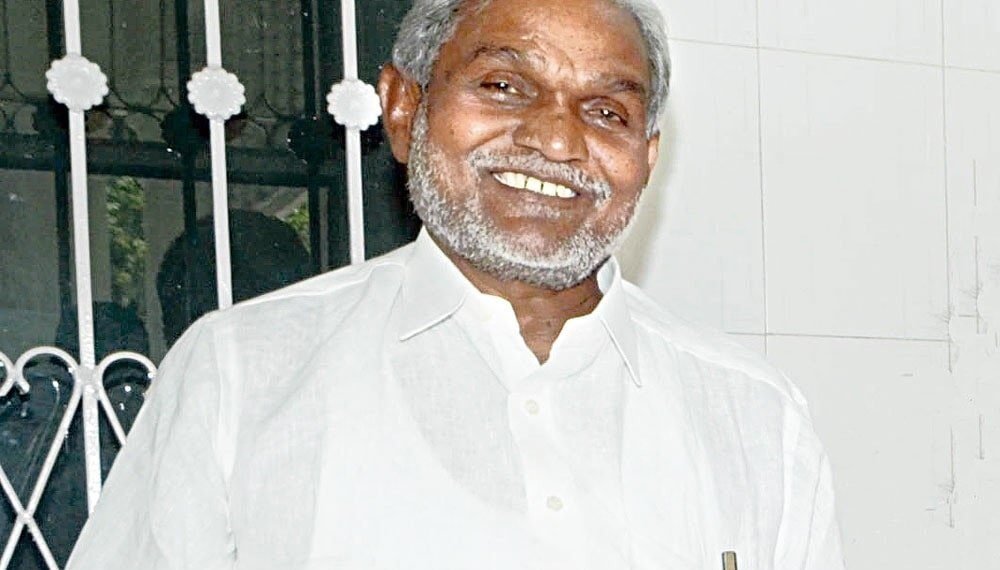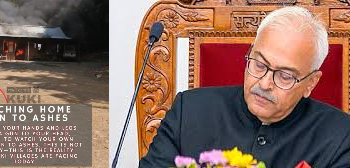Champai Soren, the new Chief Minister of Jharkhand, secured the trust of the state assembly on Monday, February 5. In a show of support, 47 members of the legislative assembly (MLAs) voted in favor of his leadership, while 9 opposed it.
The assembly has 81 members, but one independent legislator, Saryu Roy, did not participate in the voting process. During the crucial vote, 77 MLAs were present in the assembly hall.
Champai Soren decided to lead the government in Jharkhand after former CM Hemant Soren had to resign following an ED investigation that led to his arrest in the respective case.
Speaking about the floor test, Congress leader Jairam Ramesh said:
“We have won the confidence vote very convincingly. The operation lotus of the BJP has been unsuccessful. First, they arrested Hemant Soren, got him to resign. Then, they delayed the swearing-in of Champai Soren. This government will survive the balance term of one year and we will go to the people of Jharkhand for a renewed mandate based on the work that we have done.”
VIDEO | "We have won the confidence vote very convincingly. The operation lotus of the BJP has been unsuccessful. First, they arrested Hemant Soren, got him to resign. Then, they delayed the swearing-in of Champai Soren. This government will survive the balance term of one year… pic.twitter.com/jyrH6BBzC7
— Press Trust of India (@PTI_News) February 5, 2024
Who is Champai Soren? Here’s a detailed profile of the new Jharkhand CM
Champai Soren, aged 67, hails from Jilingagoda village in Saraikela-Kharsawan district, born into a family of farmers. His upbringing amidst challenges fueled his early involvement in the movement for a separate Jharkhand state. Soren’s dedication to the welfare of the Adivasis, the region’s indigenous people, led him to forego further education after completing Class 10, devoting himself entirely to the Jharkhand cause.
Soren, often revered as the “Tiger of Kolhan” by his supporters, played a pivotal role in mobilizing people during the height of the Jharkhand movement in the 1970s, which eventually led to the formation of the Jharkhand Mukti Morcha (JMM) in 1973. His commitment to the cause was evident when he spearheaded an agitation at the gates of Tata Steel in Jamshedpur during the 1990s, advocating for the rights of unorganized laborers.
Despite his dedication, Soren encountered legal challenges along the way. In 1993, he faced charges under the Explosive Substances Act during a protest related to the JMM movement. However, he described the case as politically motivated in his 2019 Election Commission affidavit, stating that it stemmed from efforts to support an economic blockade. The charges involved attempts to damage railway property and an explosion, which he labeled as part of the struggle for the Jharkhand movement.














